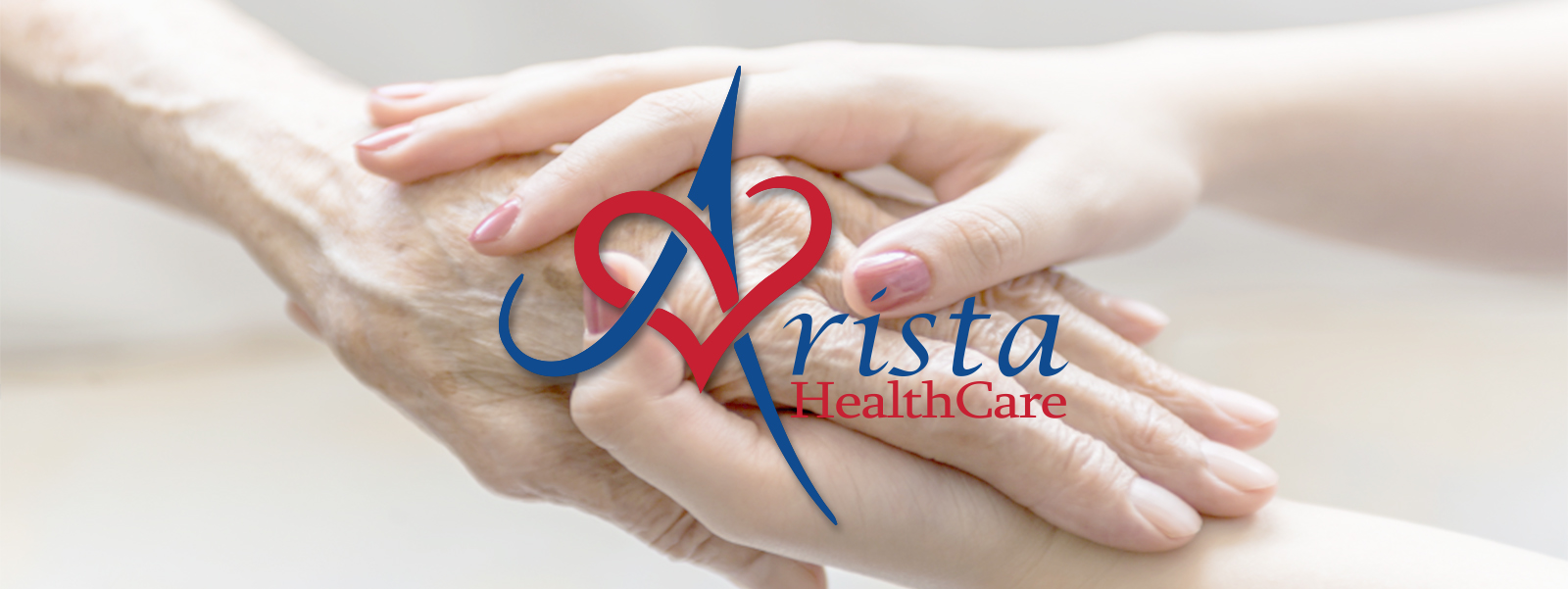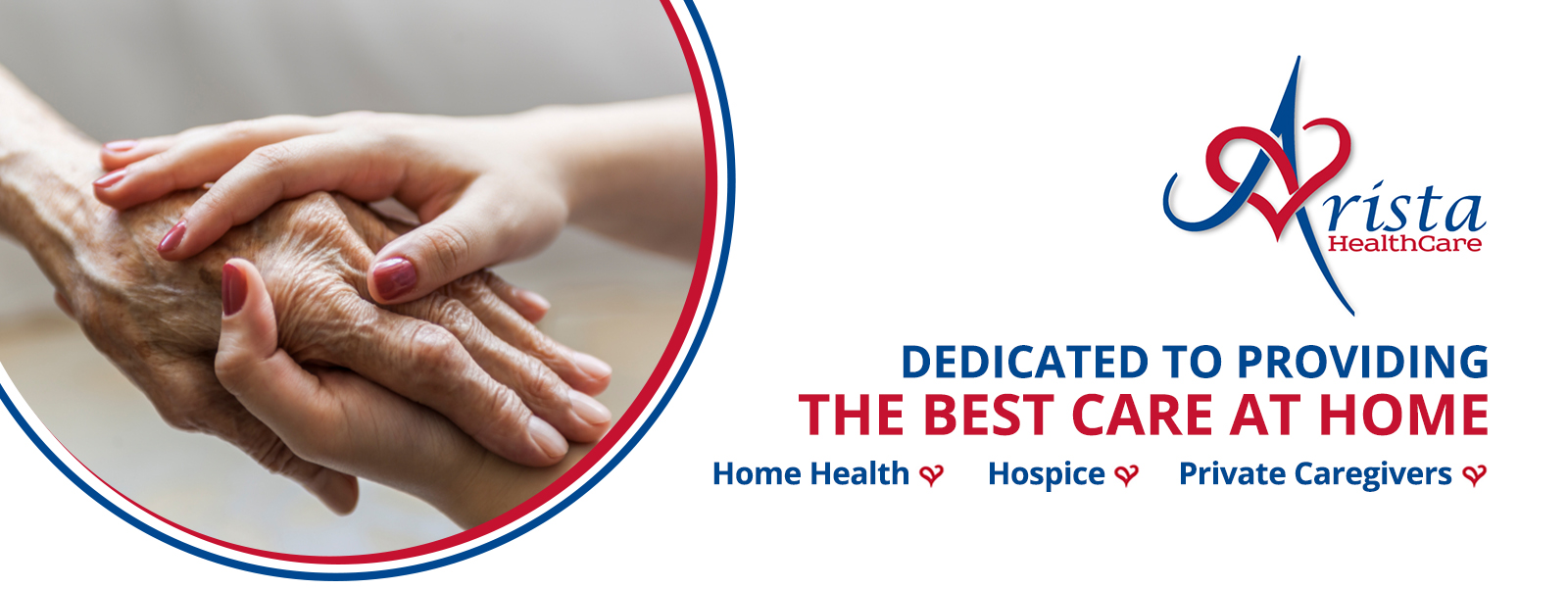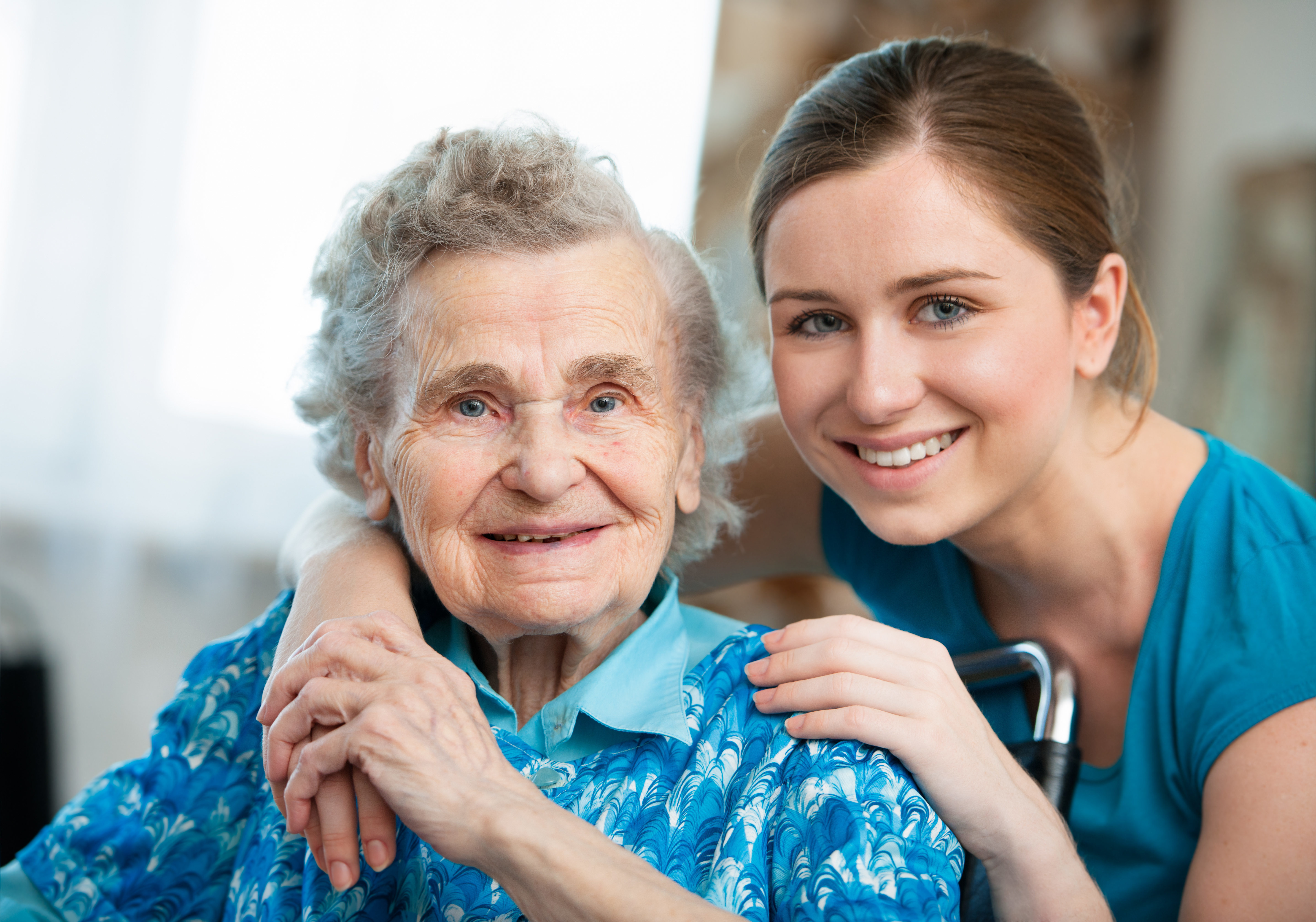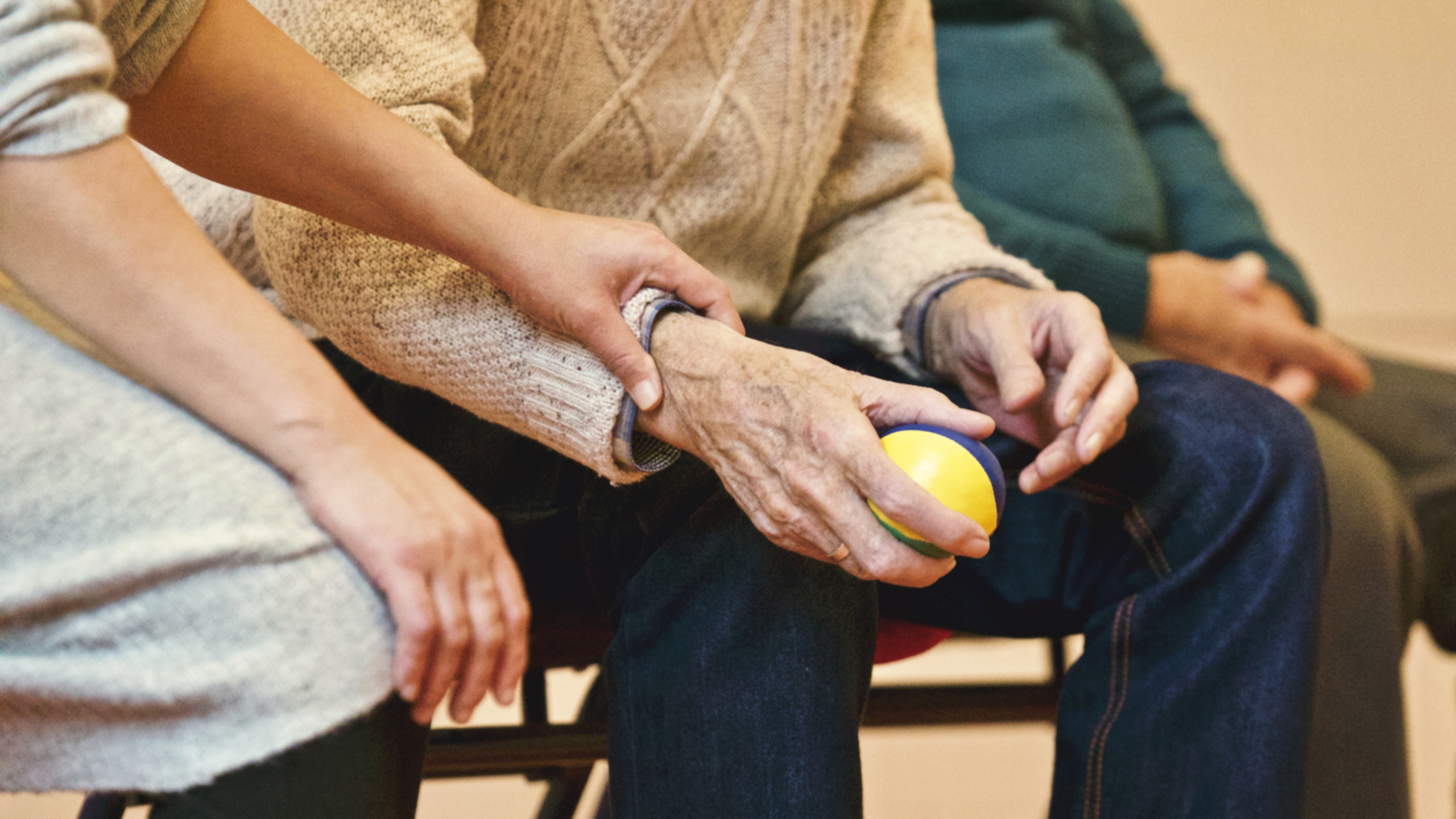Like a freight train, 2019 will be here before you know it..it is already late spring (May) and already the talks of summer and monsoon season are upon us..with fall trailing soon after. Why is 2019 so import to the future of home health care you might ask? It happens to be the first year people over the age of 65 will outnumber those younger than 5 years of age. We’re not sure if that’s scary or not, but we do know, home health care isn’t slowing down.
If you’ve ever thought about all the different possibilities in a home health care career, we may have some answers for you. Here are the top 3 things anyone considering a home health career should think about before moving forward.
We can’t stress the importance of this topic enough. Selecting the right home health care agency will be one of the most important decisions you make for either yourself or a loved one, and there are several considerations when evaluating caregivers.
Many of you don’t know this, but over 7.6 million people utilize home health care and home health care providers, in contrast to only 1.8 million who live in a nursing home. The convenience of home health care, as well as the feeling of comfort of being at home and with loved ones can’t be matched. What is even more important is the need to the know the difference far enough in advance to prepare financially and with insurance for that time.
Home Health Care Nurses will work with patients in their homes. These nurses mainly work with the elderly, but sometimes work with younger children who have developmental or mobility issues. A Home Health Care Nurse is great for people that would rather work outside of a hospital.
Physical therapy for seniors may seem similar to more common sports physical therapy, or accident physical therapy, but due to age and circumstances, there can be stark differences. For example, some medical professionals believe that a majority of people at age 65 may have some arthritis in their spines. However, everyone’s body, no matter where they come from, has musculature as varied as their personality. Physical therapy can have an important role in health care outcomes and is connected with maximizing function, preventing decline, decreasing pain and increasing overall mobility.
Hospice volunteers are truly amazing people. Volunteers are an integral part of the interdisciplinary team of hospice professionals. Their job, once trained and ready to serve, can lead them in many different directions.
Whether you’re someone that needs hospice care, or you have an older relative that needs healthcare assistance in the home, it’s important to understand that before you look into having a qualified healthcare provider come into your home, you should know that there are a number of ways to assess just how good a service might be and what the qualifications of home health providers should be.
Aside from determining if a home health care agency is properly qualified, you need to know what to look for in a provider. There may be services that do not get the job done. Here are a few things to keep in mind when you’re deciding what to look for in a home health care provider.
Private Caregivers
You may hear the term “Private Caregivers” thrown around quite a bit when Home Health Care is mentioned. By all rights, you should. SO.. what are private caregivers,what is their main function, what do they cost and are they right for for my loved one?
What is a Private Caregiver?
By definition, a private caregiver (home) is a person, or sometimes a nurse that tends to someone, generally the elderly who have now reached a point where daily functionality has become an task they cannot complete, and they need assistance to handle the day to days, such as:
- Personal care – bathing / dressing, hygiene, transfers, and ambulation
- Homemakering
- Meal prep and cleaning
- Medication reminders
- Possibly transportation needs
Private caregivers can generally be found through a local Home Health Care Service and can sometimes be covered by full coverage medical insurance or possibly if planned for, a medicare supplement insurance plan which covers home care needs in the plan.
It’s important to always find your private home caregiver from a reputable service. these caregivers have been properly trained and vetted for you and your loved ones protection. As technology has increased, it has been easy for independent caregivers, to advertise themselves to those in need. Sometimes at fairly deep discounted rates. This is a usual practice to prey on those who may not have coverage or cannot afford the current rates. Be cautious if you were to go this route, crime and theft among the aging is rampant. Mainly because the victim has no idea it’s even happening, secondly it’s due to lack of follow up by loved ones. Checking bank accounts, phone bills and grocery receipts on a regular basis is a great first step in protecting your loved one from any criminal activity in the first place, but using a fully licensed service with vetted staff reduces these possibilities greatly.










